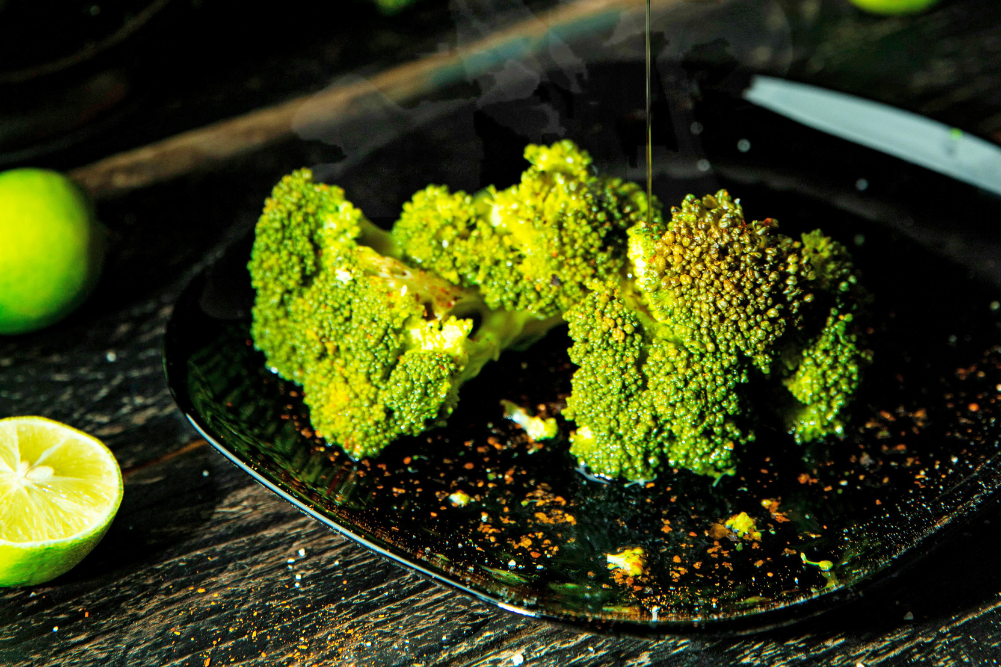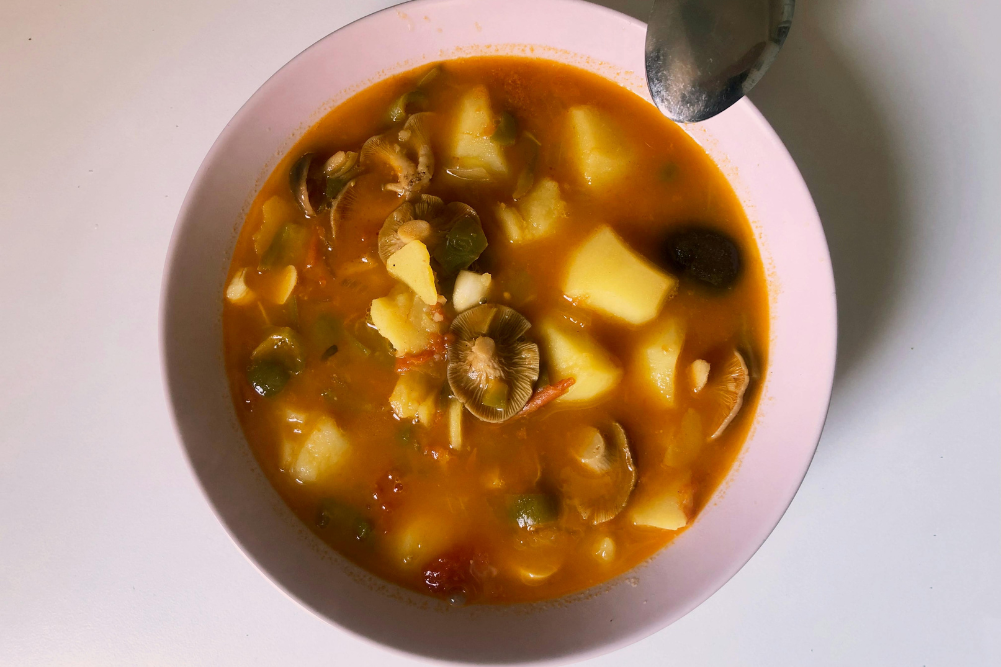Resurrecting the ageing liver
Support your ageing liver with diet, fasting and key nutrients to prevent fatty liver, hormone issues and decline.
I ’m going to go out on a limb and suggest that a lot of us don’t take our livers very seriously. Aside from the national pastime of regular alcohol consumption glorified by a constant flow of advertising suggesting that it’s a social lubricant, rather than a malignant scourge, a visit to an X-ray clinic for a scan that reveals a fatty liver might be greeted with a shrug from our doctor and consequently indifference and inertia from us. This might be a lamentable gaffe as the liver is our largest organ with a significant influence on every metabolic and biochemical process, which can either engender our wellbeing or, if disregarded, spawn our downfall.
This megalopolis is a manufacturing and detoxification behemoth, its portfolio spanning fat digestion, protein and hormone production, immune system function, vitamin and mineral storage as well as detoxification and elimination of any drugs, chemicals, pollutants, invading pathogens and dysfunctional cellular proteins that prevent our cells from executing effectively. Once we accumulate fat around our liver cells, all these processes are significantly impaired, and our livers and the rest of us will age prematurely.
If we fail to eliminate all the metabolic and cellular detritus that the liver is primed to process, rather than being effectively jettisoned, these will accumulate like garbage strewn around our streets and sidewalks if the refuse collectors were to go on strike. When these metabolic waste products are left to circulate around our bodies, they unhinge the normal activity of our brain cells, leading to emotional dysfunction (anxiety and depression) and early cognitive decline with a blunted memory. Our hormones need to be appropriately metabolised then trafficked out of our bodies. Not done correctly, they can become hormonal poisons increasing our risk of developing breast and prostate cancer.
Liver dysfunction can compromise the digestive process making it more difficult to absorb and access the vital nutrients our bodies need. Insufficient absorption of vitamins A and D can diminish our immune capacity and damage our bones. Cholesterol can start to climb, which can block our arteries, leading to heart attacks and an increased likelihood of having a stroke.
These catastrophes can be averted if we pay attention to early warning signs, such as scans revealing fatty liver or elevated liver enzyme tests. What are the steps we can take to reverse these early worrying trends and return our livers to their rightful place as our prime metabolic, detoxification and hormonal haven?
Diet
There is no scientific evidence that has examined a diet that might boost liver activity. What we need to do is maintain our optimal weight by reducing, fats, sugars, starchy carbohydrates and salt and adopt an exercise regime that helps to achieve this goal weight. Research on animals does show that brassica vegetables, especially broccoli and broccoli sprouts, can empower the liver’s detoxification capabilities, which, when combined with hummus, a drizzle of olive oil and a seaweed wafer, makes for a tasty, nutritious snack.
Intermittent fasting
One of the most impactful steps we can take to re-establish effective liver cell function is to fast intermittently. Establishing a pattern whereby for two days a week, food is not consumed after breakfast until breakfast the next morning can revitalise our livers by initiating autophagy. This is a process that eliminates toxins and cellular junk, reducing liver fat and elevated cholesterol, protecting against cancer and generally restoring healthy and effective liver cell activity.
Special supplements
NAD+, which stands for nicotinamide adenine dinucleotide, is a molecule that has a crucial influence on energy generation and detoxification all around our bodies and specifically on the cells in our liver, which perform these functions. There is mounting evidence that NAD+ precursors, like nicotinamide mononucleotide (NMN) and nicotinamide riboside (NR), improve glucose metabolism, which would then make fat burning easier, effectively leading to the reversal of fatty liver disease. There is one small wrinkle when supplementing with NMN as there is a modicum of research connecting this supplement with increased cancer risk. A colleague of mine has suggested that taking extra vitamin C with NMN may mitigate this risk. I hope he’s correct as this is a strategy I’ve adopted.
We transplant livers because they are such essential organs. What we need to do is find a way to respect and treasure the asset we have before it becomes the ailing liability we need to resurrect.








